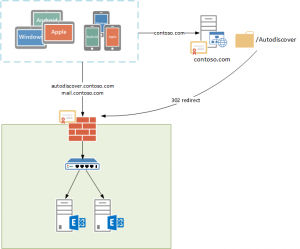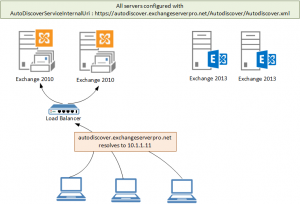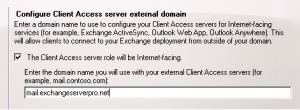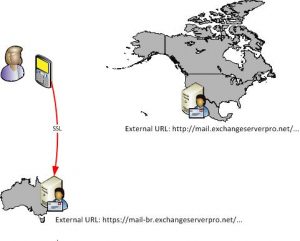Microsoft Turns Off Basic Authentication for Autodiscover
Now that they've disabled basic authentication for email connection protocols, Microsoft is doing the same for the Autodiscover service. This makes sense. There's no point in allowing basic authentication for Autodiscover when clients can't use basic authentication to connect. Microsoft will therefore turn off basic authentication for Autodiscover as it removes basic authentication for protocols like POP3, EAS, IMAP4, EWS, and MAPI.











